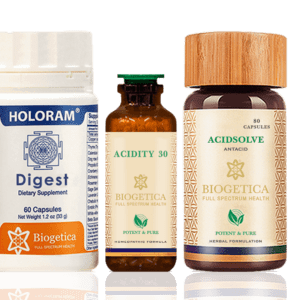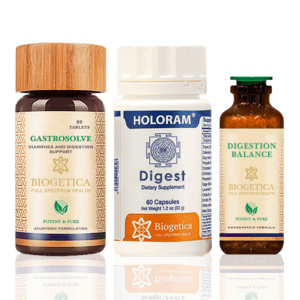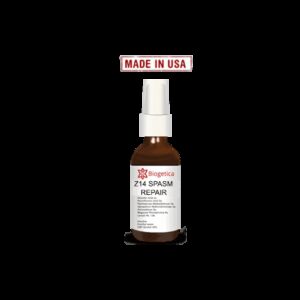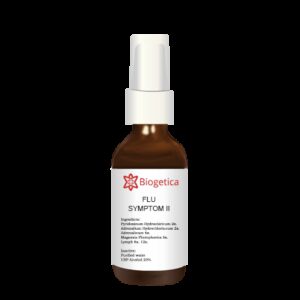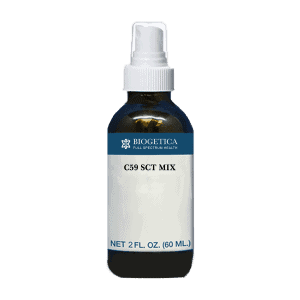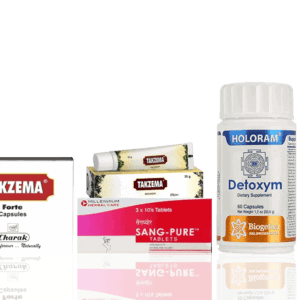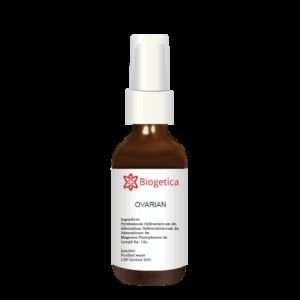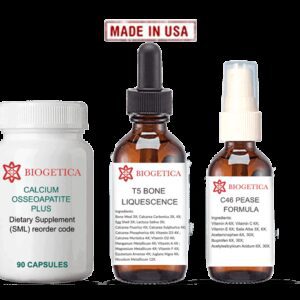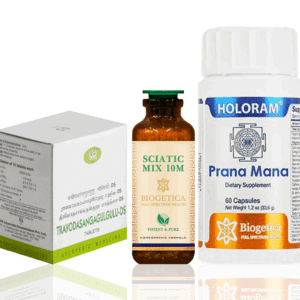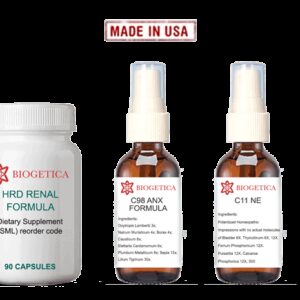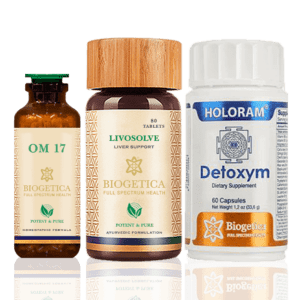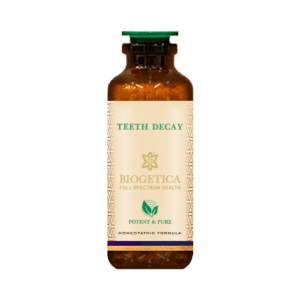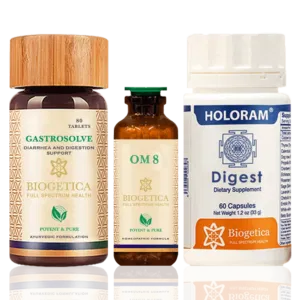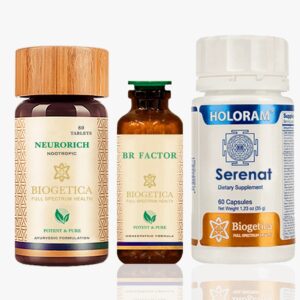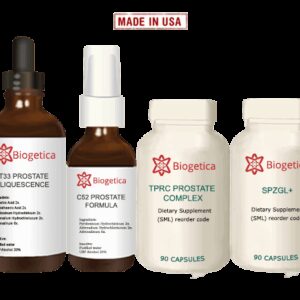Diet for Gout
Gout can be managed by diet. You should avoid foods high in purines, but you can consume some moderately purine-rich foods. It can be beneficial to include foods that control uric acids. To keep symptoms at bay, it is important to eat healthily and maintain healthy body weight.
What is Gout?
Gout was once considered to be a disease that only wealthy people suffered from. Gout is more common in men, obese individuals, and those who consume meat, seafood and alcohol. Purines are converted into uric acids. Purine-rich diets can increase uric acids, which in turn worsen symptoms such as pain, swelling and inflammation. Gout is most often found in the big toe, but it can also affect the ankles, hands, knees and feet. It is important to follow an elimination diet that includes foods low in purines and foods that lower uric acids.
We provide the food suggestions for gout to help.
Recommended Foods
- People who consume a diet high in fruits and vegetables such as bananas, oranges, lemons and cherries are less likely to develop gout.
- According to studies, there is a significant inverse relationship between the consumption of dairy products and the incidences of gout. Calcium, phosphorus and magnesium are some of the mediators that could lower urate. Other possible mediators include lactalbumin (casein), lactose and orotic acid. Orotic acid is found in milk, which can promote renal urate elimination and contribute to the urate lowering effect of dairy products. After a 2-hour period, casein and lactalbumin loads have been shown by some studies to lower plasma urate. High dairy consumption can also be a sign of a healthier lifestyle and diet. Add low-fat dairy products to your diet, such as skim milk or low-fat yogurt, that are associated with lower uric acid.
- Purine risks can be reduced by cooking with high-purine foods
- Butter, buttermilk and cheese are all good for you.
- Include chocolate, peanut butter, and nuts
Foods for Moderate consumption:
- Purines are found in mushrooms, as well as in a variety of vegetables, such as spinach, asparagus, lentils, and soya bean. They should also be consumed in moderation.
- Oatmeal and wheat germ
Foods to avoid:
- Foods high in purine include meat, especially red meat, offal such as heart, liver, and sweetbreads.
Since ancient times, meat consumption and diets high in purines are known to be risk factors for gout. - Avoid foods and beverages containing yeast, such as breads and beers.
- Consuming soybeans increases plasma urate by a significant amount
- Avoid all alcoholic beverages
- Avoid black tea, coco, spinach, cabbage, and rhubarb as they are known to cause uric acids.
- Avoid sugary drinks, white bread, sweets, and other products that contain high fructose corn syrup.
- Limit lean meats, poultry and fish to 4 to 6 ounces.






























